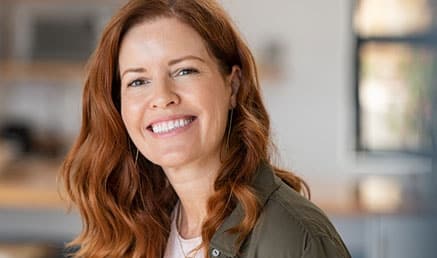
“It’s our polite nudge in the ribs to help you and your team stay organised and on task.”
This week’s subject is: Professional Collaboration
Element 4.2.1: Professional Collaboration
Management, educators and staff work with mutual respect and collaboratively, and challenge and learn from each other, recognising each other’s strengths and skills.
Team collaboration that is based on understanding the expectations and attitudes of team members, build on the strength of each other’s knowledge and help nurture constructive professional relationships. Guide to the NQF
Professional development is a continual process where educators use a range of learning opportunities to build and extend on their professional knowledge and experience. Educators acknowledge and value critical reflection and sharing of knowledge as a meaningful way in which they improve their professional practice.
Professional collaboration, in practice is often being implemented throughout the day, in a range of contexts, across the service. So how do we demonstrate that it’s embedded in our everyday practice? How can we capture and document meaningful and consistent professional collaboration?
Service Philosophy:
- Educators have a deep understanding of the values and principals underpinning the service philosophy
- Educators contribute to the development and review of the philosophy sharing their views, values and beliefs
- Document reflective conversations where educators link the service philosophy to their everyday practice
- Document collaborations where educators refer to the philosophy to make decisions and help guide their practice
Professional collaboration and development:
Educators engage in a range of ways to extend the professional knowledge of the team, including:
- Sharing their strengths, skills, interests and knowledge with the team and for the continual improvement of the curriculum
- Educators work collaboratively and seek guidance and assistance from each other
- Educators use team meetings to share knowledge and information obtained from professional development sessions, professional research and reflective practice
- The service distributes information sheets to educators based on information obtained from professional development
Documentation:
- Ensure that meeting minutes contain relevant detail that is clear, concise and an accurate representation of the detail discussed
- The minute taker should have a sound understanding of what information is helpful and relevant for the purpose of documenting evidence and recording discussion points to be shared with any educators that are not present and to be kept on file for educator’s reference
- Evidence recorded in minutes, reflective journals and communication books should demonstrate that the educational leader, nominated supervisor, coordinator and educators are engaging with colleagues to reflect on practice, discuss new directions and record outcomes that have resulted in improved practice
Resources for services:
We Hear You- Collaboration and Commitment: Building a Culture of Professional Learning
Quality Area 4- Belonging, Being and Becoming for Educators
Within System7 go to Quality Area 4/ Modules 4, 5, 6 & 7 to submit self-assessment notes and if required, open a QIP issue if you identify any areas of improvement.
The Childcare Centre Desktop has a range of resources to assist services with professional collaboration. These include Code of Conduct Policy, Staff Meeting Agenda and Minutes templates, Critical Reflection template and much more.
Resources, NQS Element, Regulation and System7 links:
Childcare Centre Desktop – Childcare Centre Desktop
National Quality Standard – QA 4/ 4.2.1- Professional Collaboration
National Regulations – 73, 168, 169
System7 Module – QA 4/ 4, 5, 6 & 7
If you have any questions send us a note via the Contact page here!




